Benefits of Paying Your Credit Card Bill on Time
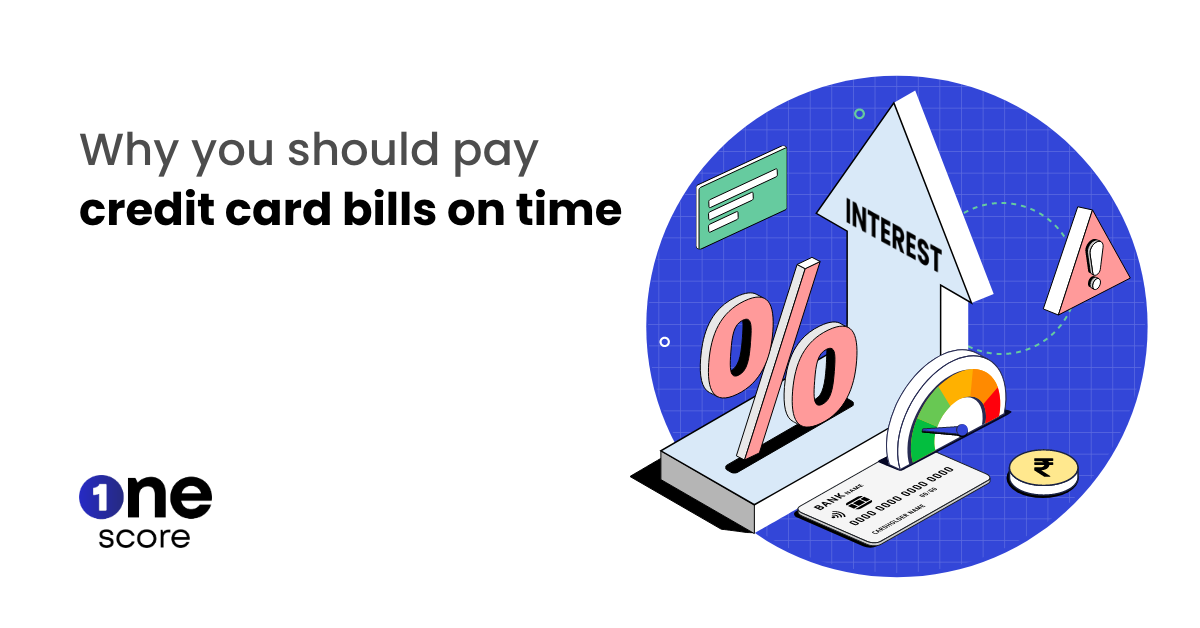
Benefits of Paying Your Credit Card Bill on Time
Sometimes, when you are low on cash and have several pending bills, you may end up procrastinating your credit card bill payment further. However, this may lead to consequences you want to avoid at all costs. Delaying credit card bill payment attracts a late payment penalty and causes credit score damage that takes a long time to repair. If you ever find yourself in this situation, these tips will teach you how to improve CIBIL score.
How Does Credit Card Payment Work?
Understanding the credit card billing cycle is crucial for financial planning so that you can utilize your card to gain maximum advantage. The billing cycle is the period for which the credit card provider generates credit card bills. All transactions happening during this period reflect in the next statement. Most billing cycles range from 27 to 31 days, depending on the card provider and the card type.
The billing cycle begins the day you activate your credit card. The balance is zero at this stage, but it might include any upfront charges that the provider levies. If you transfer a credit card’s balance to a new card, the balance will consist of the balance transfer fees. Beginning that day, every transaction you make on your credit card reflects in your bills. It also includes any EMIs running on the credit card. Any cashback, such as fuel surcharges or reversals, gets subtracted from the final bill.
The minimum payment is the minimum amount you must pay before the due date to maintain your card account. It is a small amount that you must pay to avoid any late payment fees. The card company levies interest on the remaining balance. Credit cards have hefty interest rates that you can avoid by paying your credit card bills in full each month.
Why Is It Important to Pay Credit Card Dues on Time?
Here are a few reasons why you should pay your credit card bills on time:
1.Account Stays Out of Collections
Your credit card company may turn to a debt collection agency if you default on your payments. Once your account goes into collections, you cannot make minimum payments. Instead, you will need to clear the entire balance, along with an additional penalty. Paying the bills on time will avoid the hassle and embarrassment of dealing with debt collectors.
2.Credit Limit Remains High
Every card has a credit limit that credit card companies sanction, based on the borrower’s income, employment, DTI ratio, and credit history. You can spend up to that credit limit using your credit card. If you want to learn how to build your CIBIL score, maintaining a low credit utilisation ratio is a key parameter. Making timely bill payments increases your creditworthiness and attracts a higher credit limit.
3.Enjoy Lower Interest Charges
Even a single late payment can attract interest. The longer you delay your payment, the more interest rates increase. Paying the bills on time will save you from attracting high-interest charges on your credit cards. Regular payments also help in maintaining a good CIBIL score, which helps in getting lower interest rates for future loan and credit card applications.
4. Save Money by Avoiding Late Payment Charges
The credit card issuer may charge a small fee if you are late on your card payment. If you delay the payment again in six months, the company may increase the late payment charges. Make your bill payments on time to avoid missing the cut-off time and save money.
- Improve Your CIBIL Score
Around 35% of your CIBIL score is based on whether you pay your credit card bills and loan EMIs on time. A good CIBIL score benefits you the most when you consistently pay your credit card bills before the due date. It helps avail of easy approvals for loans and credit cards, higher loan amounts and credit limits, and lower interest rates.
- Reduce Your Minimum Monthly Payments
When you delay your credit card bill payment, your next minimum monthly payment will increase significantly. The next bill will include a late payment fee and two minimum payments. If you face difficulty paying your credit card bill, delaying it won’t make it any easier to avoid falling into debt trap.
- Become Debt-Free Faster
Limiting your credit card balances reduces the interest charges. It makes repayment easier and lets you become debt-free faster. Delaying bill payments keeps you indebted for a long time, and the accruing interest charges make payment more challenging with each passing day.
- Keep Your Card in Good Standing
Missing your card payments repeatedly will not only amass a larger outstanding amount but the interest accrued can also become quite high. This might leave you with no option but to close your credit card account. Doing so will bring down your CIBIL score, especially if you do not pay off the outstanding balance. To avoid this, continue paying your credit card bills on time to keep your account open and in good standing.
- Helps Track Spending
Credit cards offer various benefits. You might get into trouble if you start carrying large card balances. Paying off credit card bills as they come in makes you aware of your spending patterns and helps keep your budget balanced. You can track your expenses, reduce unnecessary ones, and create a budget for better financial management.
Some Common Reasons for Missing Credit Card Payment
Missing a credit card payment can happen due to various reasons. Here are some common reasons:
- Forgetfulness: With busy lives and multiple financial obligations, it’s easy to overlook or forget about a credit card payment due date.
- Financial constraints: Temporary financial difficulties, unexpected expenses, or an unexpected drop in income can make it challenging to make timely credit card payments.
- Lack of budgeting: Poor budgeting or financial management can lead to insufficient funds to cover credit card payments.
- Change in financial circumstances: Life events such as job loss, illness, or divorce can significantly impact your financial situation, making it difficult to meet credit card payment obligations.
- Miscommunication: If there are issues with receiving statements or changes in contact information, it can lead to missed payment notifications.
- Technical glitches: Online banking or payment system failures, mail delays, or technical issues can sometimes prevent timely credit card payments.
Additional Read: How to Get Out of Debt Trap?
Does Late Payment of Credit Card Dues Affect Your Credit Score?
Yes, late payment of credit card dues can have a negative impact on your credit score. Here are some of the consequences of a late payment of credit card dues on your credit score-
- When you fail to make credit card payments on time, the lenders may assume that you may be facing financial difficulties or are not responsible with your credit obligations. As a result, it can lower your credit score.
- Late payments are reported to credit bureaus, such as CIBIL, and they take into account the frequency and severity of late payments when calculating your credit score. Even a single late payment can have an adverse effect on your creditworthiness.
- A lower credit score may make it difficult for you to obtain credit in the future, such as loans or credit cards.
- It may also lead to higher interest rates or unfavorable terms when you do get approved. This can affect your financial opportunities and make it harder to achieve your goals.
To avoid late payments and protect your credit score, set up reminders, automate payments, or establish a budget to ensure that you have sufficient funds to cover your credit card dues each month. It is also important to frequently check CIBIL scores online for free.
When Card Issuers Report Your Balance to the Bureaus?
Credit card issuers report your balance to credit bureaus on a monthly basis. The specific reporting date may vary depending on the issuer, but it is usually around the statement closing date. This is the date when your billing cycle ends, and your credit card statement is generated.
Once your statement is generated, the issuer will report the outstanding balance on your credit card to the credit bureaus. It includes the total amount you owe, also known as the statement balance. The credit bureaus then update this information in your credit report. Therefore, it is very important to keep a check on how to improve your credit score frequently so that there are no defaults on your credit profile.
When You Should Change Your Bill Due Date?
Changing your bill due date can be a helpful strategy to manage your finances more effectively. Here are some situations when you may consider changing your bill due date:
- Aligning with your payday: If your current bill due date doesn’t align with your income schedule, changing it to match your payday can make it easier to budget and ensure you have sufficient funds to pay your bills on time.
- Cash flow management: If you find it challenging to pay all your bills at once due to limited cash flow, changing your bill due dates to different times of the month can help spread out your financial obligations and make them more manageable.
- Avoiding late payments: If you frequently miss bill payments or struggle to remember multiple due dates, changing them to a specific day of the month that works best for you can help reduce the chances of late payments and associated fees.
Remember to regularly check your CIBIL score online for free to stay informed about your financial standing and take necessary steps to maintain a healthy credit profile.
Frequently Asked Questions
-
Is it good to pay your credit card on time?
It is always good to pay your credit card on time as it helps maintain a positive credit history and avoids late payment fees and penalties. -
Why is it important to pay your credit on time?
It is important to pay your credit card on time to demonstrate responsible credit behavior, build a good credit reputation, and avoid negative impacts on your credit score. -
Does paying credit card on time affect credit score?
Yes, paying your credit card on time positively affects your credit score as it reflects your ability to manage credit responsibly and demonstrates reliability to lenders. -
Does credit score increase with time?
Generally, credit scores can improve over time if you maintain a positive credit history, make timely payments, and manage your credit responsibly. -
Is paying a credit card early good or bad?
Paying a credit card early is generally considered good as it ensures timely payment and avoids any chance of late payment. It can also help in reducing your credit utilization ratio.
Stay informed on all things credit management with OneScore. Download now, if you haven’t already.
**Disclaimer: The information provided on this webpage does not, and is not intended to, constitute any kind of advice; instead, all the information available here is for general informational purposes only. FPL Consumer Services Private Limited and the author shall not be responsible for any direct/indirect/damages/loss incurred by the reader in making any decision based on the contents and information. Please consult your advisor before making any decision.
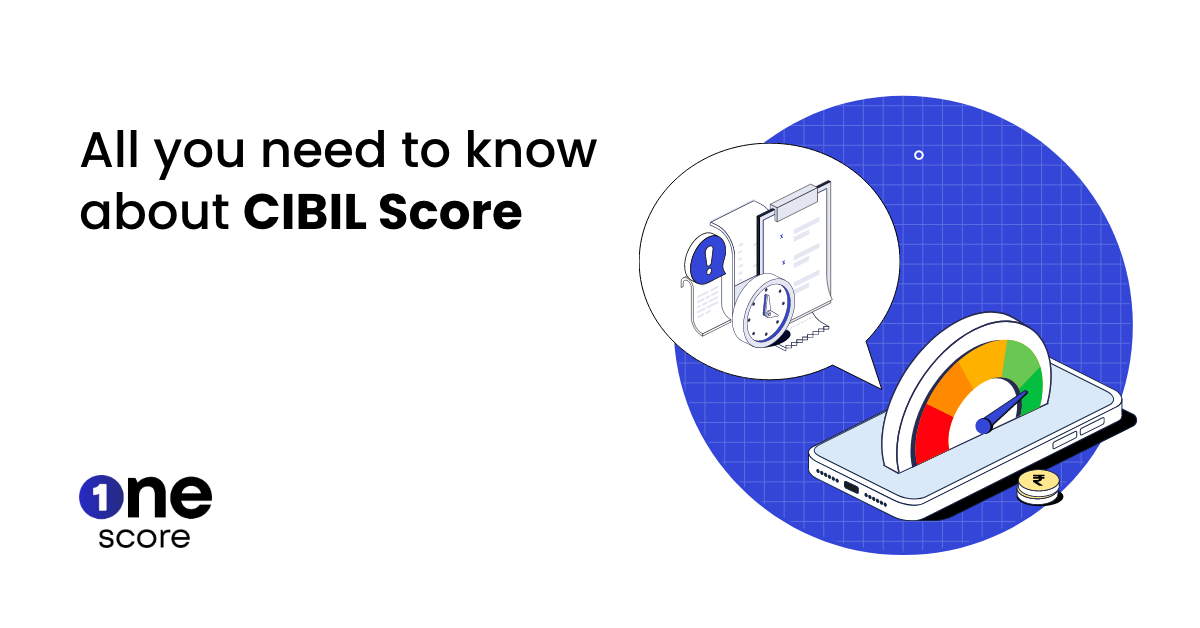
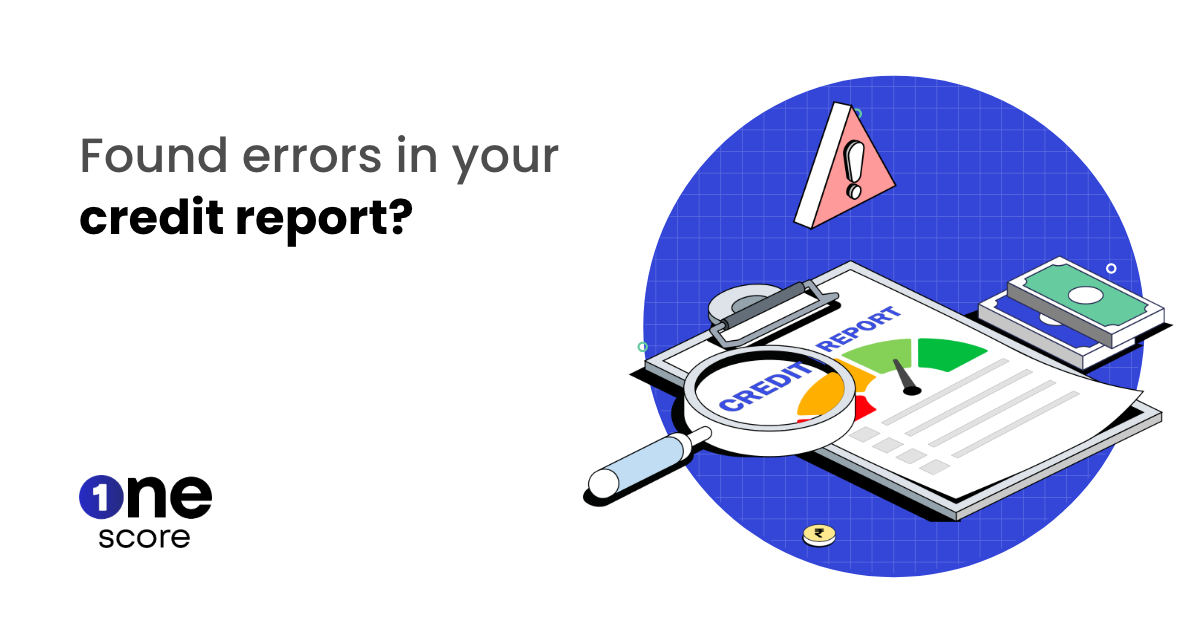
How to Report an Error on your Credit Report: A Step-by-Step Guide
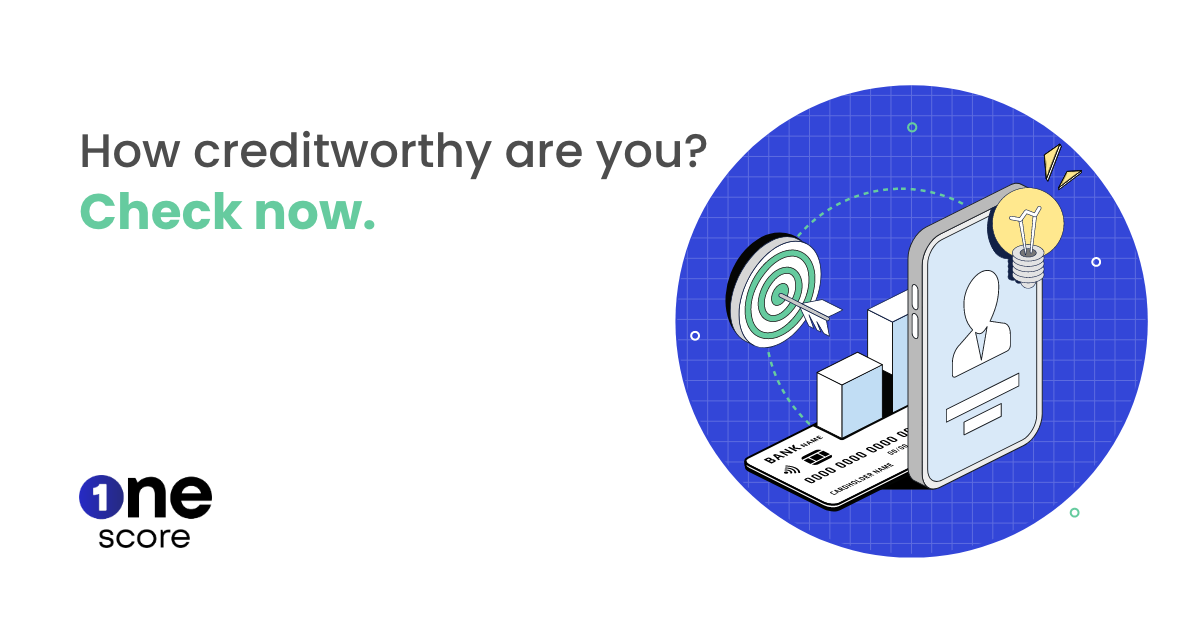
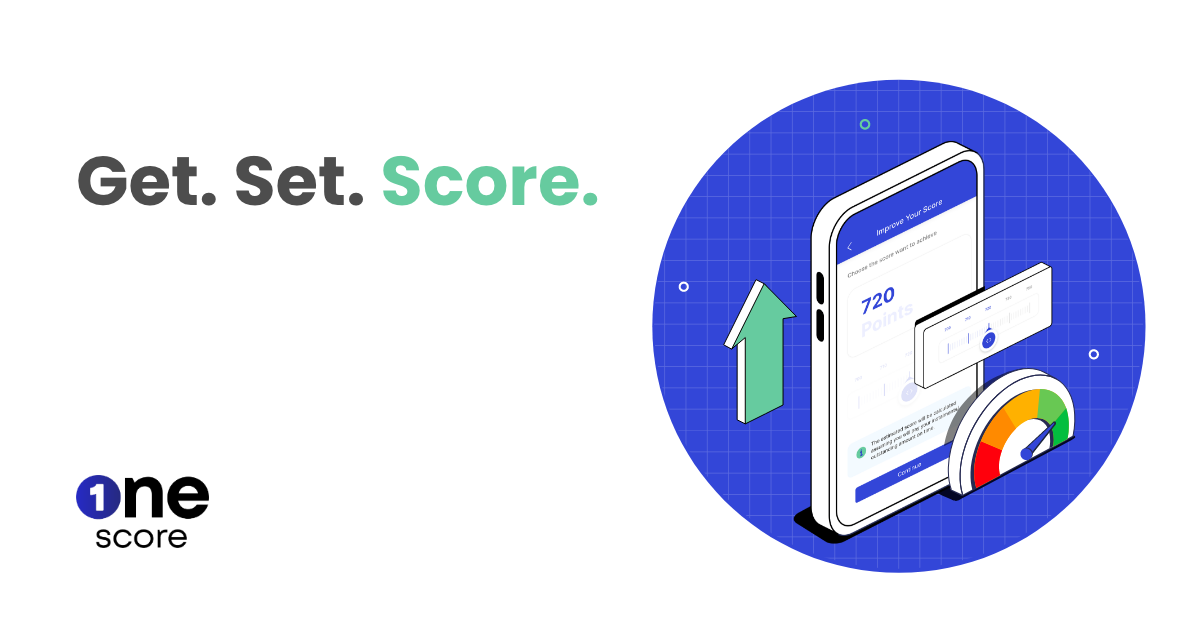
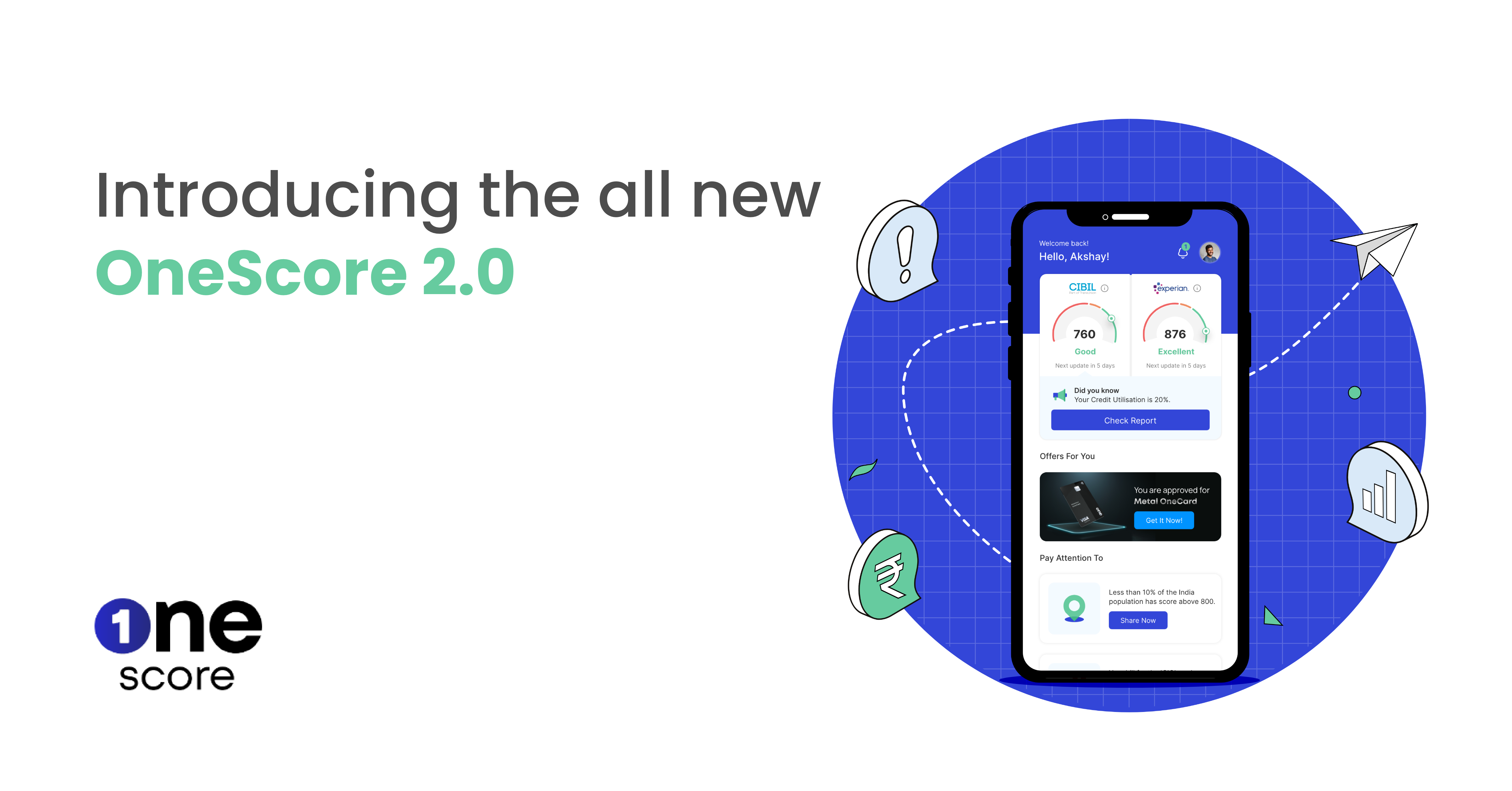
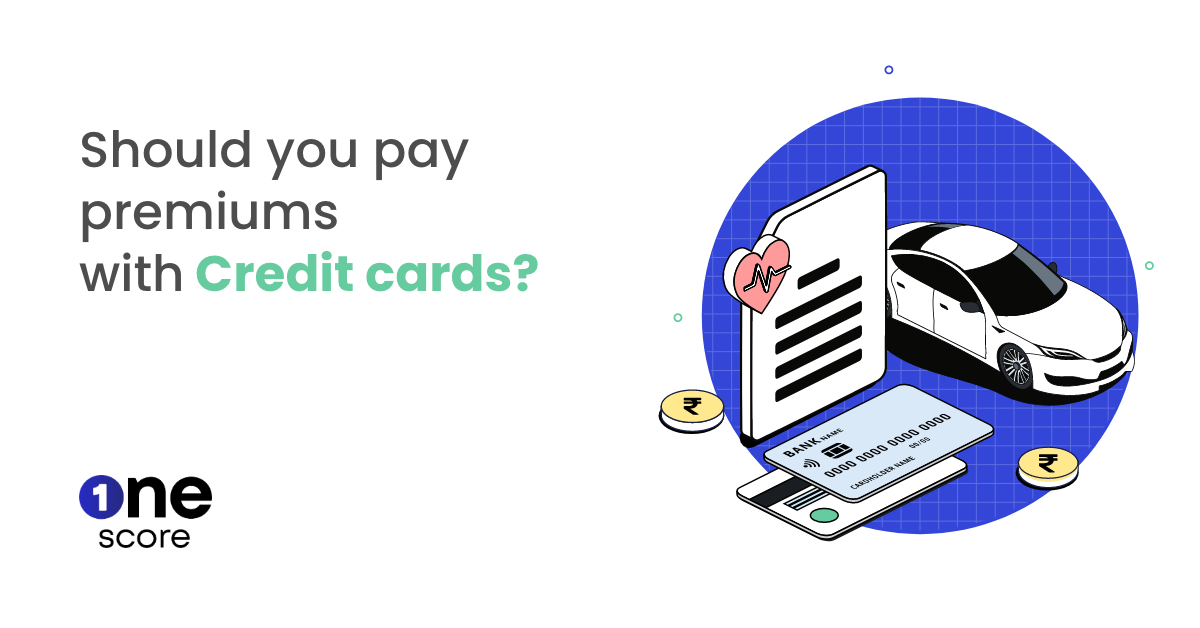
Things to remember while paying your premiums with a credit card
- OneScore , July 31, 2023

